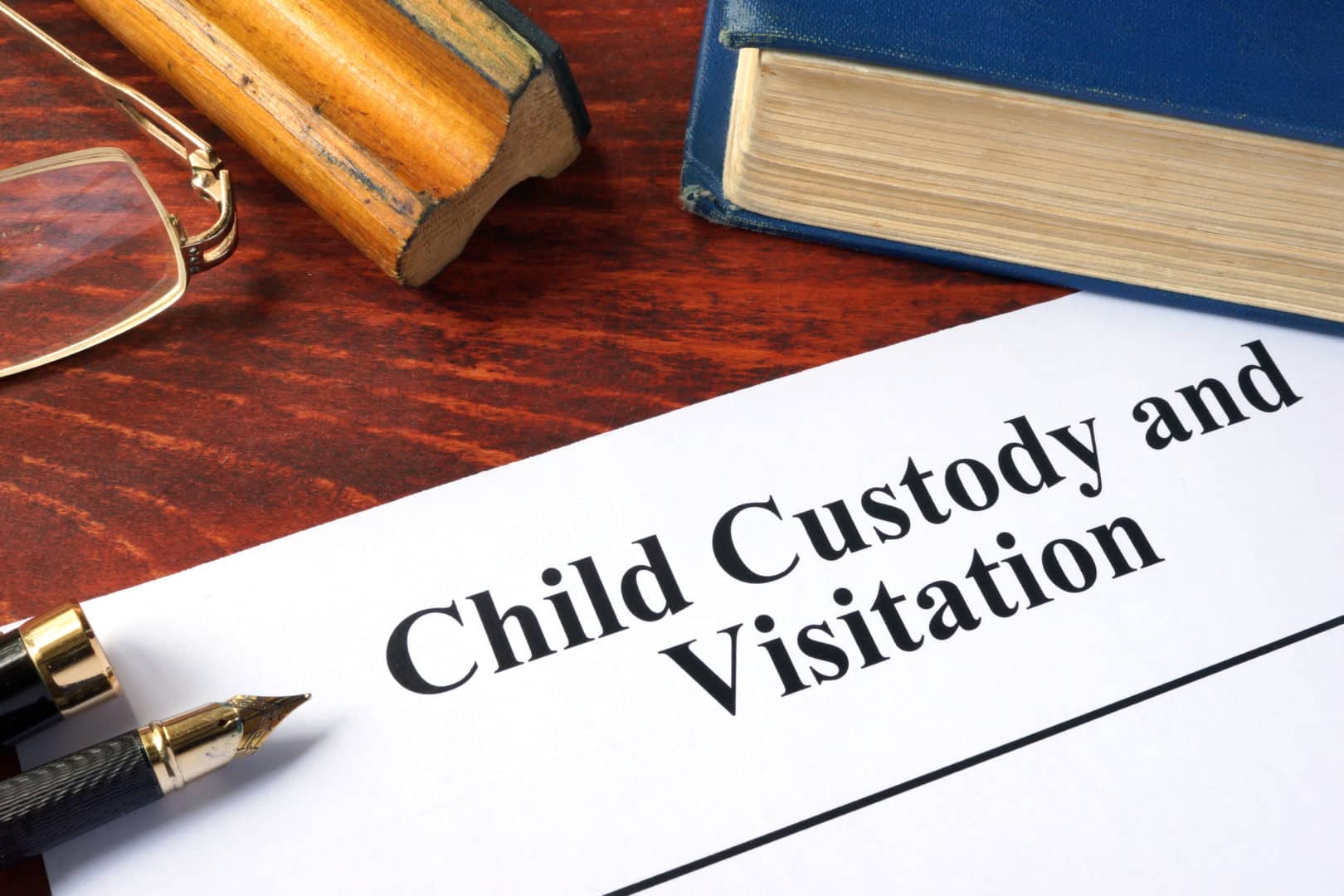How Relocating and Distance Affect Child Custody in New Jersey
Often divorce means a couple is moving on with their lives. And sometimes it can literally mean moving – for the individual parents and the child(ren). How does relocating and distance affect child custody in the wake of a divorce? Here’s what New Jersey law has to say.








